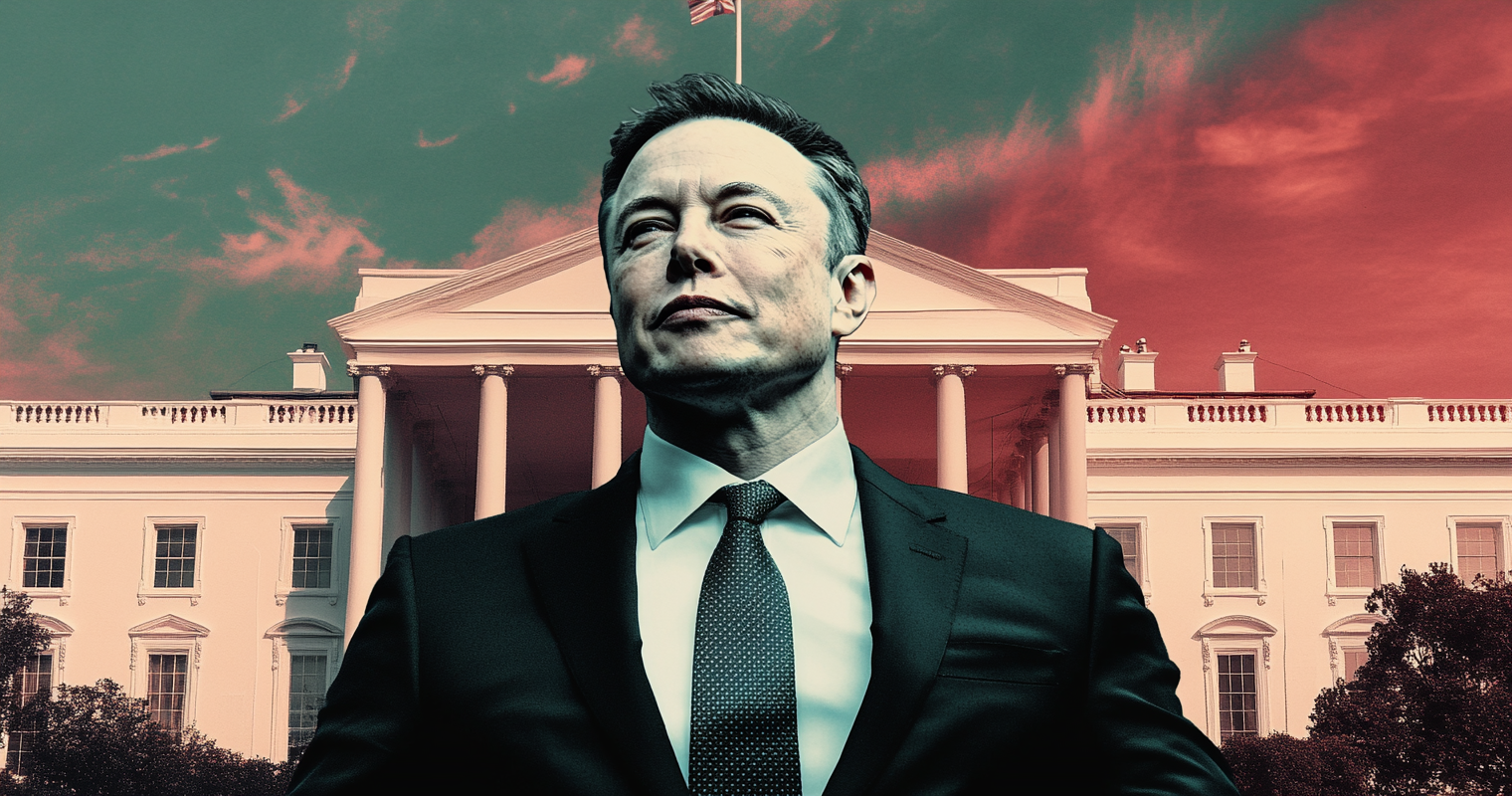Musk’s Department of Government Efficiency, aka DOGE, has sought massive cuts to the federal workforce, in particular targeting USAID, the Department of Education, and the Consumer Financial Protection Bureau, among other agencies.
But Musk isn’t just seizing control of the executive branch; he’s using artificial intelligence as his weapon of choice.
At the Education Department, DOGE representatives have reportedly fed sensitive data, including personally identifiable student loan information, into AI software through Microsoft’s Azure cloud service. A group of students from the University of California sued DOGE in federal court on Friday for allegedly violating federal privacy rules and exceeding their statutory authority. Additionally, congressional Democrats have demanded answers about allegations of a private server used at the Office of Personnel Management; federal workers have sued to stop this, while OPM officials deny it violates the law. And a federal judge on Saturday temporarily halted DOGE access to taxpayer information at the Treasury Department because, the judge wrote, it risks disclosure of “sensitive and confidential information and the heightened risk that the systems in question will be more vulnerable than before to hacking.”
At the General Services Administration, a former Tesla engineer is pushing an “AI-first strategy” that involves building a custom chatbot called GSAi to help draft memos faster and adopting an AI coding agent such as the popular assistant Cursor to assist with software development.
Privacy and security advocates warn that the integration of AI software into the federal government could create significant risks — especially if not done carefully. “Using AI to cut spending or reform government operations is dangerous,” said Kit Walsh, the Electronic Frontier Foundation’s AI director. “AI isn’t magic; it is generated using data collected by humans and often categorized by humans. Then it provides a way to quickly (and often sloppily) try to reproduce the patterns and categories that have been given to it.”
Calli Schroeder, senior counsel at the Electronic Privacy Information Center, said there’s also the risk that AI gobbles up sensitive data and helps train its model on it. “Many AI systems use input data to expand their training datasets in addition to using it to generate a prompt response,” she said. “This not only means security risk if the raw training data is exposed, but also puts the data at risk for further misuse.”
Schroeder noted that these revelations raised fundamental questions about government security protocols if DOGE is indeed using unsecured systems. “Any halfway responsible business or organization has many security procedures and policies about what products you can and cannot connect with company devices,” she said. “It appears that our government either does not meet this incredibly basic level of responsibility and good practice, or no one is enforcing existing policies or procedures.”
The Education Department claims that there’s nothing to worry about with regard to DOGE staff overhauling the department’s systems. “They have been sworn in, have the necessary background checks and clearances, and are focused on making the Department more cost-efficient, effective, and accountable to the taxpayers,” a spokesperson said in a statement to the press. “There is nothing inappropriate or nefarious going on.”
But a lack of transparency has pervaded the entire Musk takeover without comprehensive congressional oversight and with DOGE staffers at times refusing to even give their names while interrogating civil servants. It’s wholly unclear what’s going on mere weeks into the administration with major changes at multiple government departments and agencies — all seemingly with an element of AI. “We deserve lawful, transparent, and accountable decisions in government operations,” Walsh said. “It’s difficult to imagine that the technology at work here is fit for the purpose of making spending and personnel decisions — and Americans deserve better than to have to guess at how those decisions are being made.”